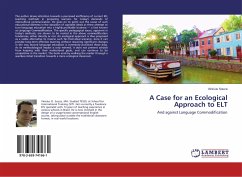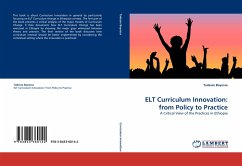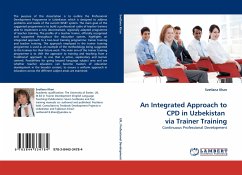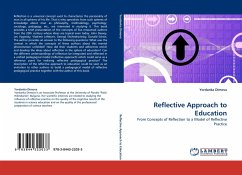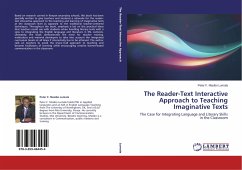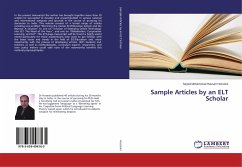The author draws attention towards a perceived inefficiency of current EFL teaching methods in preparing learners for today's demands of intercultural communication. He goes on to point out the cause of such educational dilemma in the adoption of capitalist ideals as these attempt to turn language education into a highly profitable business - a fact known as Language Commodification. The specific pedagogical issues, apparent in today's methods, are shown to be rooted in the above commodification tendencies, either directly or not. An ecological approach is thus proposed as a viable alternative to reverse such far-from-ideal scenario, since it can provide long-term effective learning without requiring significant changes in the way second language education is commonly practiced these days. As its methodological impact is only minimal, it does not prevent schools from keeping with their institutional goals, and can continue to be competitive in the market. The book ends by walkingthe reader through a seamless initial transition towards a more ecological classroom.
Bitte wählen Sie Ihr Anliegen aus.
Rechnungen
Retourenschein anfordern
Bestellstatus
Storno

